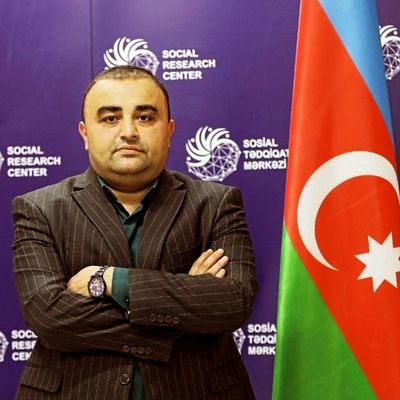
In today's world, the concept of research has evolved to encompass a broad and multifaceted range of meanings. Research and public opinion surveys are not only essential for analyzing current trends across various domains but also play a crucial role in forecasting and shaping future-oriented outcomes.

Advancements in artificial intelligence have significantly enhanced the efficiency of scientific research, enabling the rapid production of high-quality insights. At the same time, the impact of social sciences on society has become increasingly tangible.
Research is not confined to specific scientific and methodological frameworks; rather, it contributes to the overall advancement of society.
From this perspective, the research-driven approach is fundamental not only to data-driven governance but also to the arts, where it fosters new perspectives on creativity. Even in the realm of social relations, research facilitates the development of behavioral models based on comparative analysis.
Think tanks serve as a vital bridge between civil society and policymakers by making information more accessible and comprehensible. Their work plays a crucial role in the democratization process, influencing decision-making mechanisms. One of the key advantages of studying public opinion is its ability to provide timely responses to crises. By conducting preliminary research on societal attitudes, it becomes possible to prevent chaotic and uncoordinated actions.
A few years ago, statistical data indicated that there were approximately 2,500 think tanks operating in North America and over 3,000 in Europe. In recent years, the number of such institutions has grown significantly in Asia, reaching 3,500 by 2020. Today, the highest concentration of think tanks is in the US, followed by China, with India, the UK, and South Korea also ranking among the leaders.
According to the Think Tank State of the Sector report, 49% of think tanks focus on social policy research and conduct sociological surveys.
Another important aspect of their work is thematic diversity. The same report highlights that half of all think tanks engage in at least three or more fields of research. This underscores the fact that their scope is not limited to a single area but spans multiple disciplines, allowing for a more comprehensive understanding of societal perspectives on a wide array of issues.
Azerbaijan actively participates in discussions on various international platforms. Each year, at key forums such as the World Economic Forum and the Munich Security Conference, President Ilham Aliyev's ideas attract significant interest, keeping Azerbaijan's position at the forefront of global discourse. Additionally, the Global Baku Forum, events held in Shusha, and discussions among research institutions within COP29 at the end of 2024 have contributed to shaping Azerbaijan's new image as a hub for think tanks.
In 2022, Baku hosted the inaugural Think Tank Forum, where it was highlighted that, according to the University of Pennsylvania's Global Go To Think Tank report for 2020, the world was home to 11,175 such organizations.
Notably, Azerbaijan's leading think tanks are now united under a single Think Tank Platform (think-tanks.az). In October 2024, the platform and its web portal were officially launched, with discussions on future development prospects in this field.
One of the most active think tanks in Azerbaijan is the Social Research Center (SRC), established by the Presidential Decree of February 8, 2019 (No. 525). The Center employs a professional approach to research, with nationwide sociological surveys designed to ensure proportional representation based on social and demographic characteristics. Respondents are selected using a random sampling method to guarantee equal participation opportunities. For interviews and focus groups, a targeted selection approach is used based on specific criteria.
The SRC conducts surveys through face-to-face interviews, phone calls, and online platforms. Before launching large-scale research projects, pilot surveys are carried out to refine questionnaires. Strict confidentiality and anonymity principles are upheld throughout the research process.
Reports and analytical briefs produced by the SRC reflect ongoing socio-political dynamics, propose solutions to emerging challenges, and provide forecasts. It is also important to summarize the Center's achievements over the past six years.
Between 2019 and 2024, the SRC produced over 145 analytical reports and reviews, more than 800 reference, analytical and research documents, and conducted 143 sociological surveys and studies. Moreover, the Center completed 13 publishing projects, released over 190 academic articles, and provided more than 800 analytical commentaries and expert evaluations. During the same period, the Center organized over 180 scientific conferences and webinars, held more than 120 meetings, and surveyed more than 132,000 respondents. Its experts gave over 12,000 media interviews and statements. Additionally, the Center signed 21 cooperation agreements and became a member of the ESOMAR international research association.
In the coming years, the SRC and other analytical institutions in Azerbaijan will continue to play a pivotal role in advancing research methodologies. The country has established a conducive environment for the expansion of think tanks, supported by favorable conditions and motivating factors.